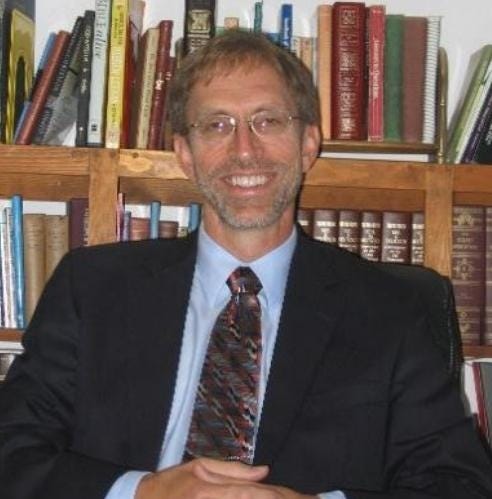
The young German theologian Dietrich Bonhoeffer was executed on April 9, 1945 in the Flossenbürg concentration camp, just weeks before the United States Infantry liberated the camp. The Nazis hanged Bonhoeffer, yet one might say his fate was sealed by a decision he made in the U.S. in 1939.
He had previously spent a year in New York at Union Seminary, and had received an invitation to return, which he accepted. But after two months, he realized he had made a mistake. “I have come to the conclusion,” he wrote, “that I made a mistake in coming to America. I must live through this difficult period in our national history with the people of Germany. I will have no right to participate in the reconstruction of Christian life in Germany after the war if I do not share the trials of this time with my people.” He returned to Germany and was eventually imprisoned and executed.
People who know of Bonhoeffer’s criticism of German politics might be unaware of his criticism of American theology – or the lack thereof. While at Union Seminary in 1930-31, he complained: “There is no theology here.” During his abbreviated visit in 1939, he wrote in his diary that the worship service at a prestigious New York church was “Simply unbearable … the whole thing a discreet, opulent, self-satisfied celebration of religion … Do the people really not know that one can do as well or better without ‘religion’ – if only it weren’t for God himself and his word?”
Bonhoeffer was distressed to find that God was optional in American churches. On his first visit, religionists in America were optimistic, buoyant even, in their hope of bringing the justice of the kingdom of God – even if they were not expecting God to come along with it. But when he returned in 1939, things had changed. He found a religion that was still without God, but was also, to a significant degree, without hope. A darker theological mood in Europe, the Great Depression in America, and Reinhold Niebuhr’s pessimistic Moral Man and Immoral Society had taken the wind out of its sails.
In 1939, Bonhoeffer prophetically wrote about the American church: “For me there is no doubt that someday a storm will blow forcefully into this religious ‘hand-out,’ if God himself is still in the plan at all.” A storm has certainly blown across American religion and its landscape has been altered.
Religion has been in decline – some might say free-fall – for decades. Many people who still believe in God have completely rejected organized religion. A recent study out of Georgetown University found that formerly churched young adults “perceive organized religion as having corrupted Jesus’s fundamental teachings” and “believe they can live more moral lives without the baggage of religion.”
Perhaps Bonhoeffer would see this as a positive development. After all, toward the end of his life, he wrote, “We are approaching a completely religionless age.” He raised “the question of whether religion is a condition for salvation.” He seemed to posit the need for a “religionless Christianity.”
But for Bonhoeffer, a religionless Christianity was not a church-less Christianity, as it is for many moderns. The religion he hoped to jettison was the “anthropocentric … liberal, mystical, pietistic, ethical theology” that finds its origin in human aspiration and its goal in human fulfillment.
If Bonhoeffer were still alive, his keen eye would detect the same condition present in today’s churchless, individualistic spirituality that he found in the churchy Protestantism of 1930. It doesn’t really matter whether God is employed to enhance the life of an unfulfilled individual or to restructure the life of an unjust society: God is not an employee and humans are certainly not his employer.
These cases of mistaken identity stem from an underlying disorder: The absence of – or perhaps the unwillingness to hear – the word of God. On his first trip to New York, Bonhoeffer reported with dismay that he had not heard the gospel preached in a white American church. He would certainly not hear it preached in today’s therapeutic, individualistic spirituality either. But he would say once again that the gospel of Jesus Christ is what people, whether religious or religionless, needed then and still need today.
Shayne Looper is the pastor of Lockwood Community Church in Branch County, Michigan. Read more at shaynelooper.com.
This article originally appeared on Crestview News Bulletin: Is a religionless Christianity needed?
